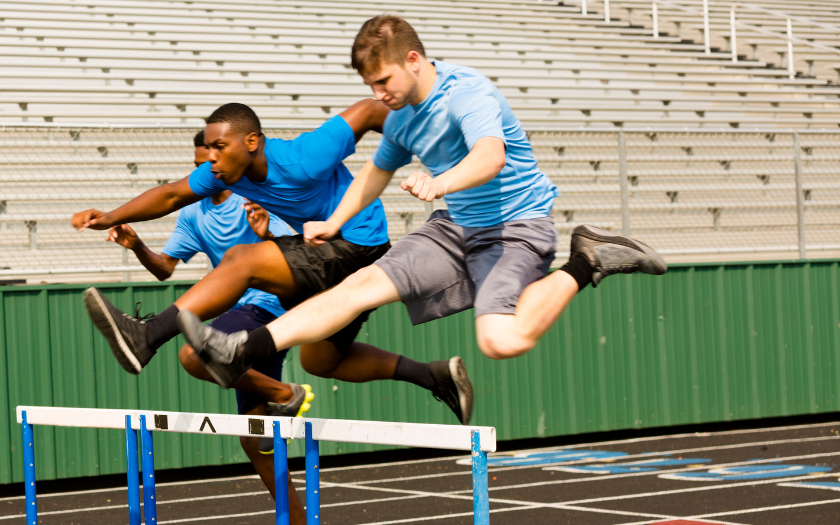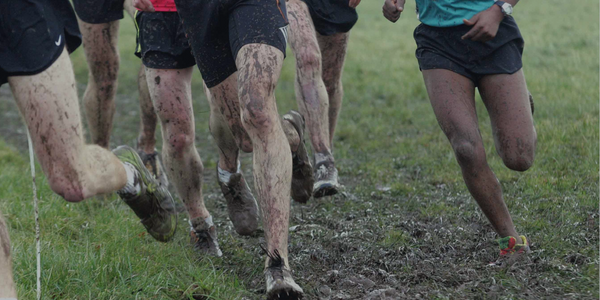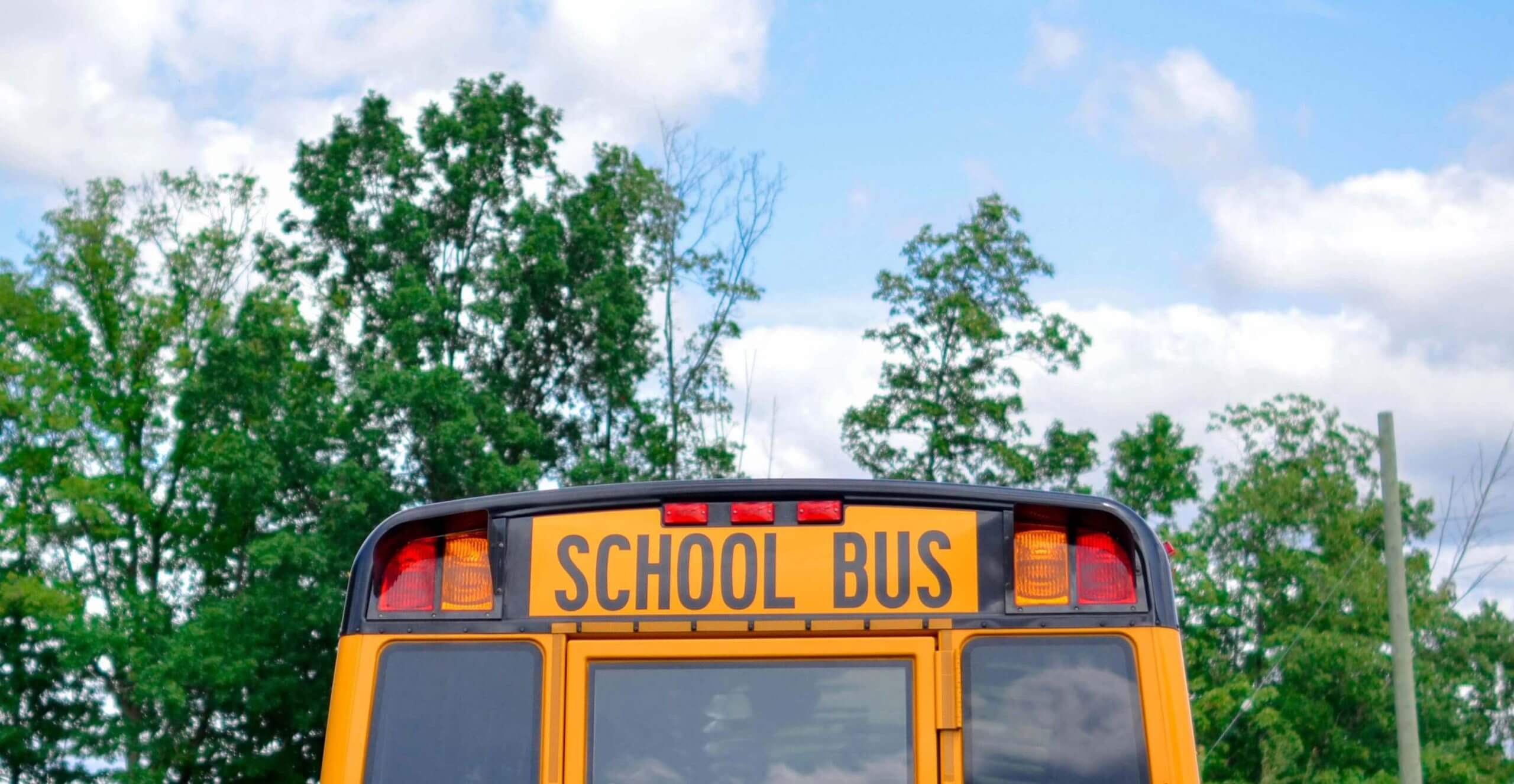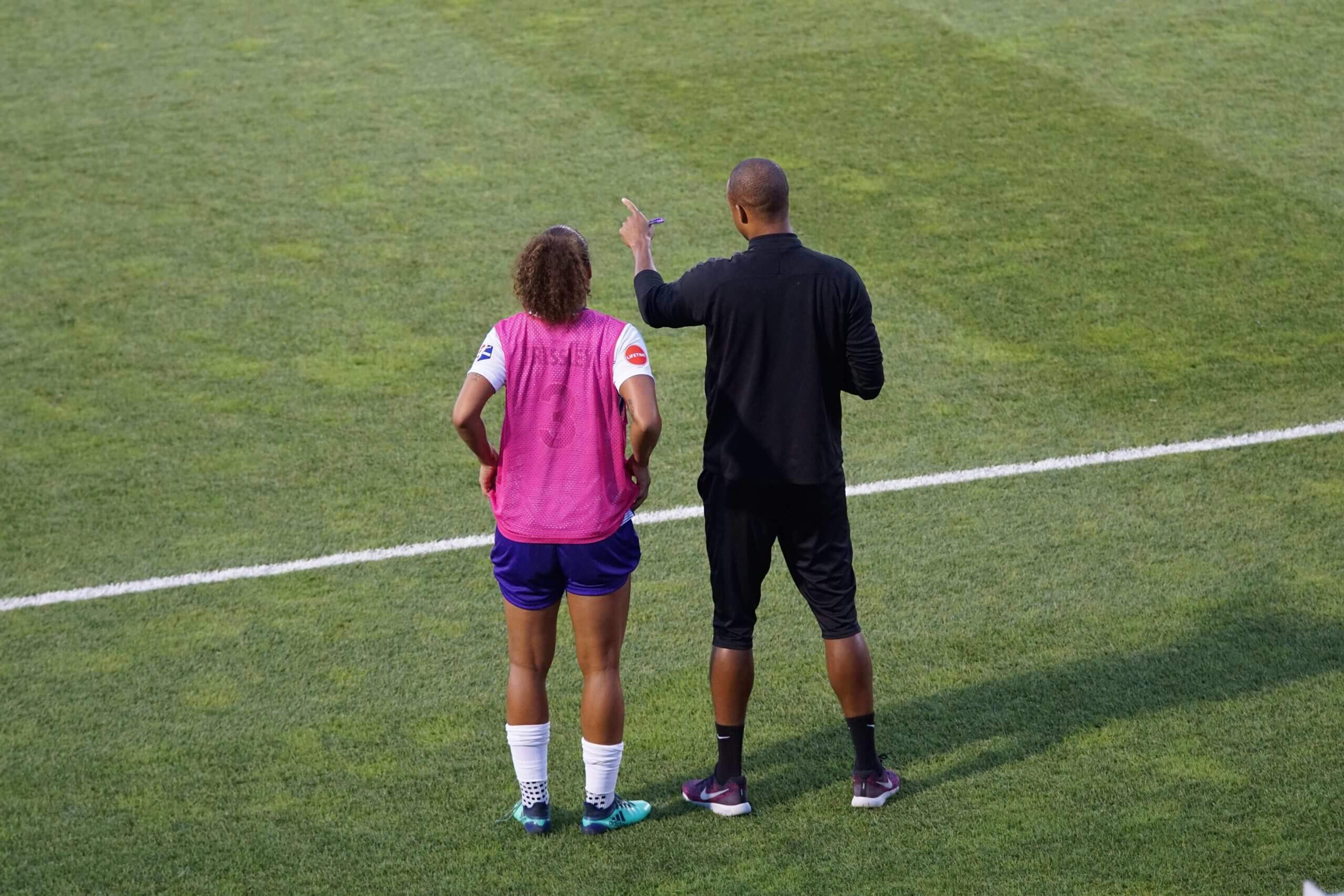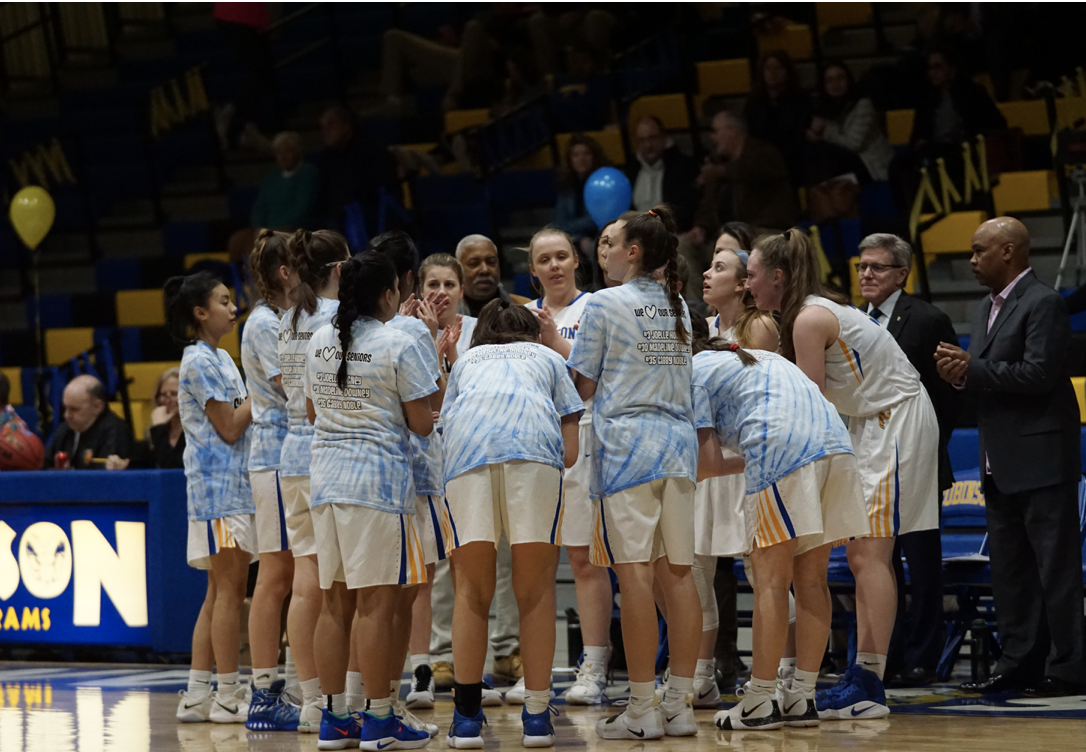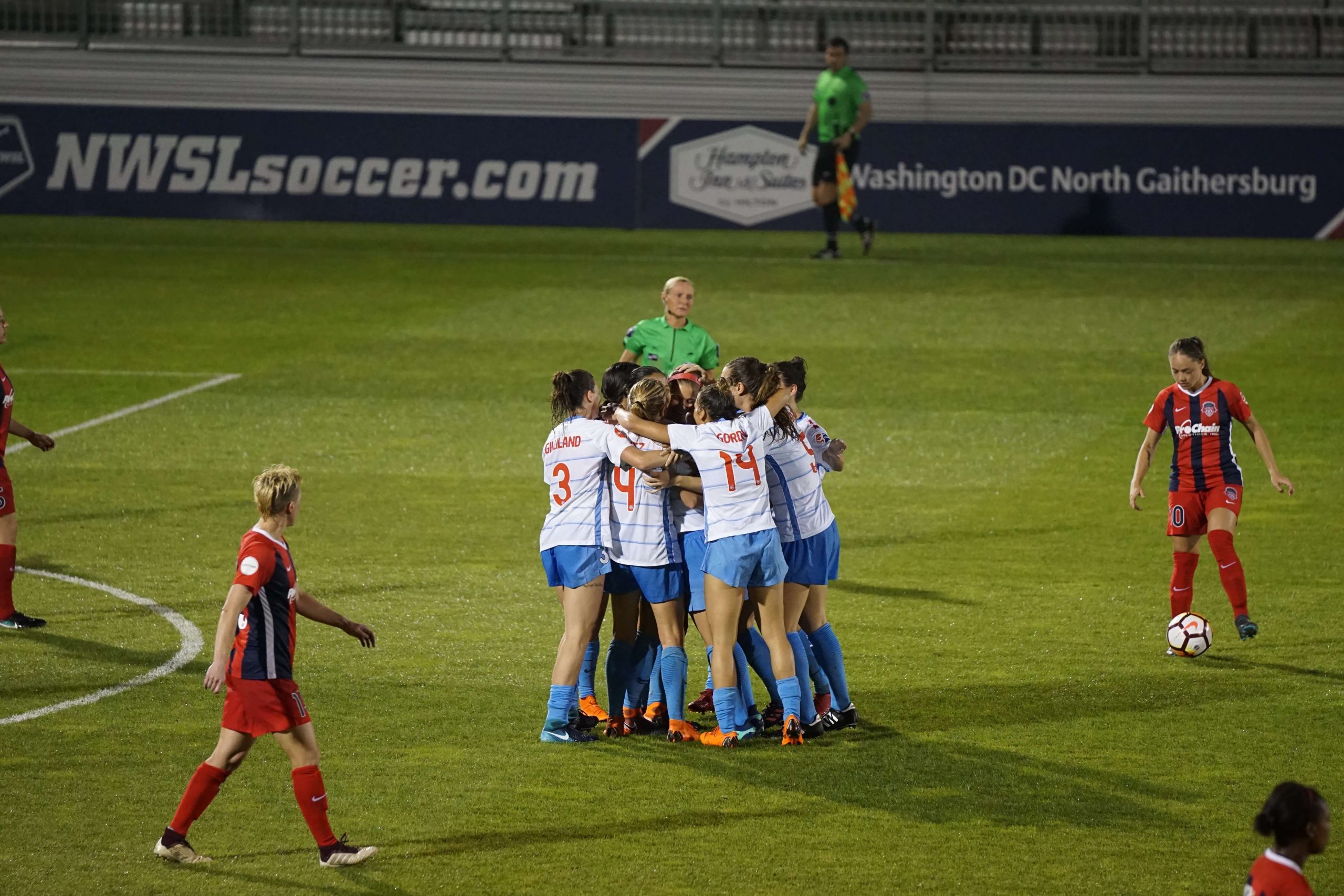Mistakes like missed free throws, errant passes, and throwing errors are common in sports and can cost the game. Mistakes are inevitable in an athlete’s journey, especially for young and developing players. How they respond to these mistakes can shape their future in sports and beyond. Our research reveals that a coach’s role in handling mistakes is pivotal, impacting an athlete’s confidence and overall experience. In this article, we’ll delve into the importance of how coaches respond to mistakes and explore three key strategies to improve their approach.
The Impact of Coach’s Response
Regardless of skill level, every athlete will make a significant mistake at some point in their career. The crucial question is: What happens next? Do they bounce back stronger, armed with valuable lessons, or do they spiral into self-doubt and lose confidence? The research highlights coaches’ decisive role in shaping this response.
Our data shows that when coaches effectively help athletes learn from their mistakes, those athletes report significantly higher satisfaction with their athletic experience. Athletes who receive constructive guidance after making an error are three times more likely to rate their athletic experience highly and over 12 times more likely to say their coach contributes to building their confidence.
Coaches Facing Challenges
While the impact of a coach’s reaction to mistakes is undeniable, many coaches face challenges in responding effectively. Ecsell Sports’ surveys involving over 13,000 athletes shed light on this issue. Only 44% of athletes rate their coach as highly effective at helping them learn from their mistakes. Moreover, 37% of athletes admit to worrying about how their coach will react if they make an error, and 42% feel that their coach tends to overreact.
There is room for improvement in how coaches handle their athletes’ mistakes. So, how can coaches respond more effectively and positively to these pivotal moments?
Three Key Strategies for Coaches:
- Give Feedback in Ways that Work Best for Athletes: Effective feedback is a cornerstone of mistake management. Coaches should adopt a personalized approach to delivering feedback, taking into account the athlete’s personality, learning style, and emotional state. Some athletes may thrive on direct, constructive criticism, while others might need more gentle guidance. By understanding their athletes’ preferences, coaches can ensure that their feedback is well-received and actionable.
- Teach Correct Techniques: Mistakes often stem from a need for more understanding or proper technique. Coaches must prioritize teaching and reinforcing the correct methods early on. When athletes have a solid foundation and knowledge of the game, they are better equipped to minimize mistakes and make quick recoveries when they do occur. Effective coaching involves constant refinement and skill development.
- Help Rebuild Athletes’ Confidence: An athlete’s confidence can take a hit after a mistake. Coaches should not only address the technical aspects of the error but also provide emotional support. Encourage athletes to focus on their strengths and past successes to rebuild their confidence. Remind them that mistakes are part of the journey, not a defining moment. Creating a nurturing and positive environment where athletes feel safe to make mistakes is essential for long-term growth.
Mistakes are inherent in sports, but they offer valuable opportunities for growth and development. Coaches play a pivotal role in shaping how athletes respond to these moments of adversity. By following the lead of the best coaches, who excel in giving feedback tailored to individual needs, teaching correct techniques, and helping rebuild athletes’ confidence, coaches can create a more positive and impactful athletic experience. Ultimately, these efforts benefit the athletes and contribute to building a more resilient, confident, and skilled generation of athletes ready to face the challenges of sports and life head-on.
